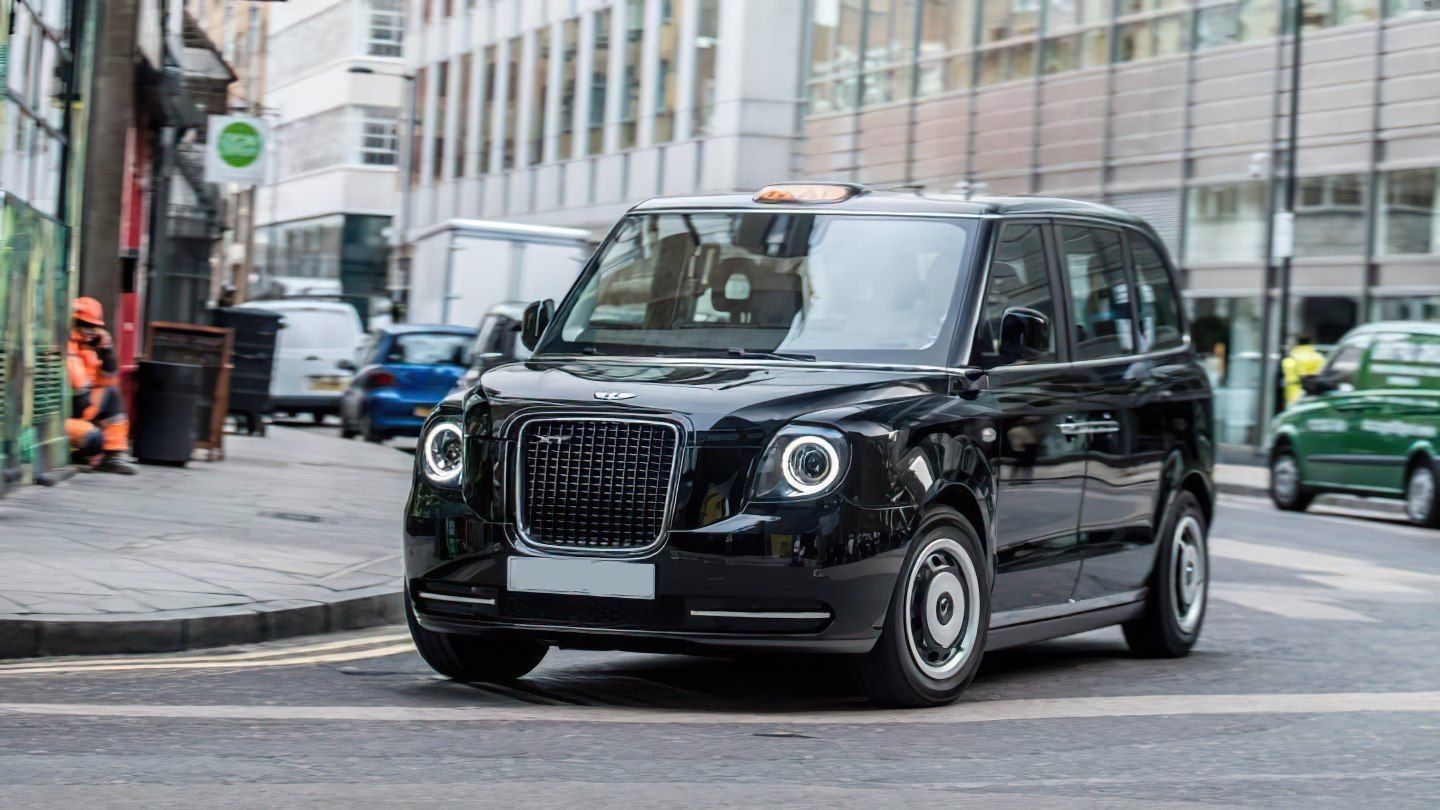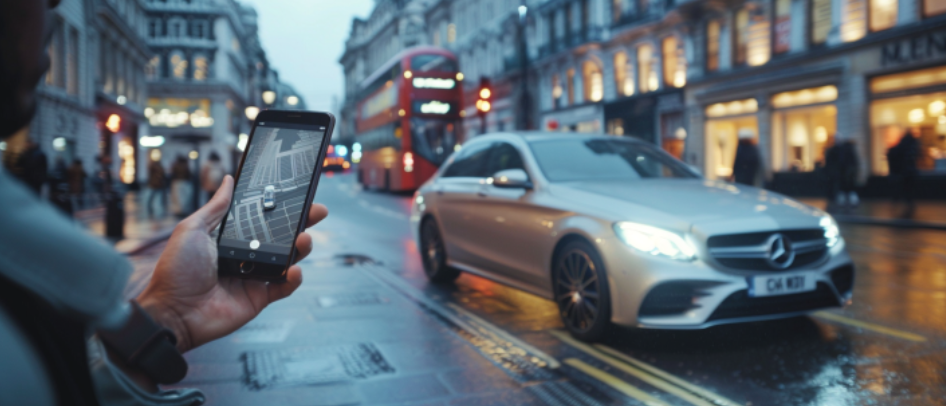Taxi CCTV?
Navigating the Intersection of Privacy and Safety: What Taxi Drivers Need to Know About CCTV Installation
Navigating the Intersection of Privacy and Safety: What Taxi Drivers Need to Know About CCTV Installation
In the dynamic world of taxi driving, ensuring both passenger safety and privacy can be a challenging balancing act.
Recently, the Information Commissioner's Office (ICO) responded to the Department for Transport's consultation on Statutory Guidance for Licensing Authorities regarding Taxi and Private Hire Vehicle (PHV) Licensing.
Their insights shed light on crucial considerations for taxi drivers, particularly regarding the installation of Closed-Circuit Television (CCTV) systems in vehicles.

As a taxi driver, you're likely familiar with the importance of passenger safety. CCTV systems can undoubtedly enhance security measures, providing a valuable record of journeys and potentially deterring criminal activity. However, the ICO's response underscores the need to tread carefully when it comes to privacy concerns.
The ICO emphasizes the significance of adhering to data protection laws, such as the General Data Protection Regulation (GDPR) and the Data Protection Act 2018. While CCTV can offer benefits in terms of safety, it's essential to ensure that its implementation respects passengers' privacy rights. This means considering factors like when and how CCTV is operational and who has access to the footage.
One key point of contention highlighted by the ICO is the continuous operation of CCTV during private use by drivers. Understandably, this raises concerns about the potential invasion of privacy. Many taxi drivers may feel uneasy about the idea of constant surveillance in their workplace, especially during moments of personal downtime.
Moreover, the ICO stresses the importance of informing passengers about CCTV operation and respecting their right to privacy. While transparency is essential for building trust and ensuring compliance with data protection laws, it's also a delicate balance to strike. Taxi drivers may worry about how passengers will perceive the presence of CCTV and whether it might affect their overall experience.
On the flip side, the ICO's recommendation for encrypting CCTV recordings and restricting access to authorized personnel offers reassurance for taxi drivers concerned about data security. By implementing robust security measures, drivers can help mitigate the risk of unauthorized access to sensitive footage, safeguarding both their interests and those of their passengers.
Overall, the ICO's response serves as a valuable reminder for taxi drivers to navigate the intersection of privacy and safety thoughtfully. While CCTV can undoubtedly enhance security measures, it's crucial to consider the implications for privacy rights and ensure compliance with data protection laws. By striking the right balance, taxi drivers can continue to provide a safe and secure service while respecting the privacy of their passengers.
You might also like
Location
Oaktree Business Centre, Mill Lane, Ness, Wirral CH64 8TP
sales@taxifinancedirect.co.uk
Call
0208 004 2813
Authorised and regulated by the FCA – FRN – 727280. Taxi Finance Direct is a trading name of Skyemotion Ltd. We provide unregulated agreements. We process your personal information in accordance with the data protection act. ICO Registration No. ZA135017. Oaktree Court Business Centre, Mill Lane, Ness, CH64 8TP




